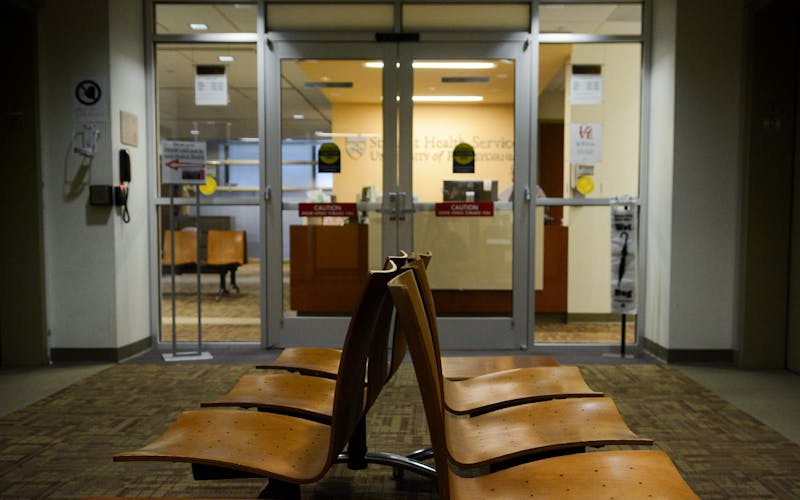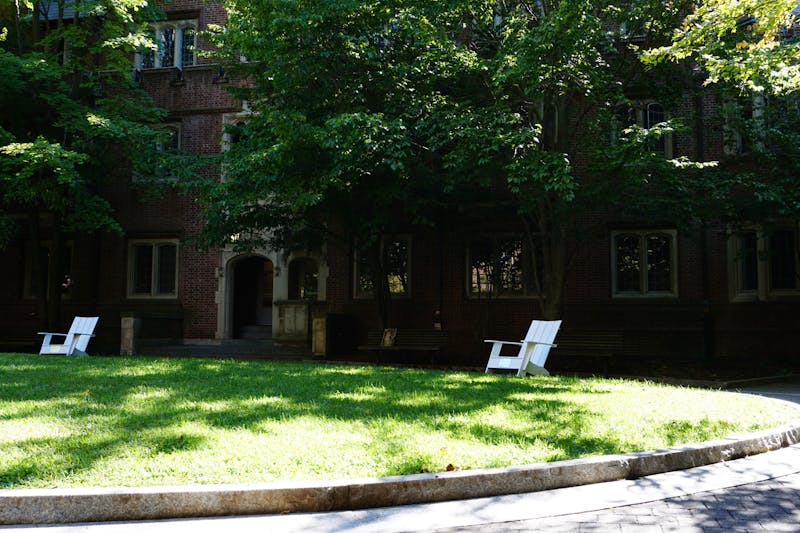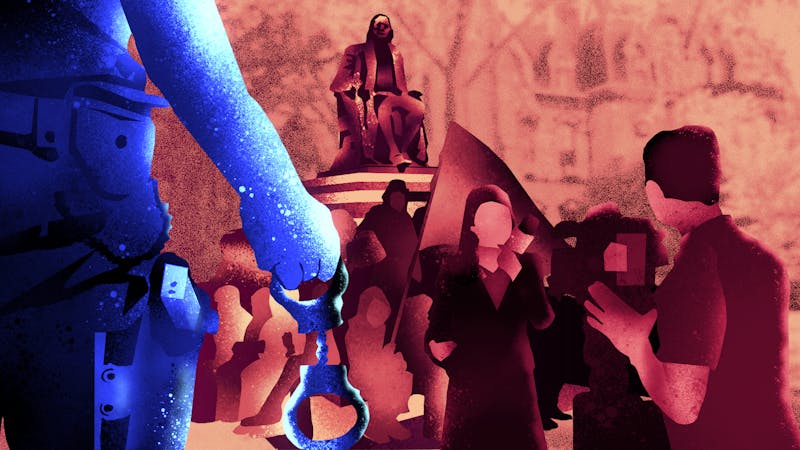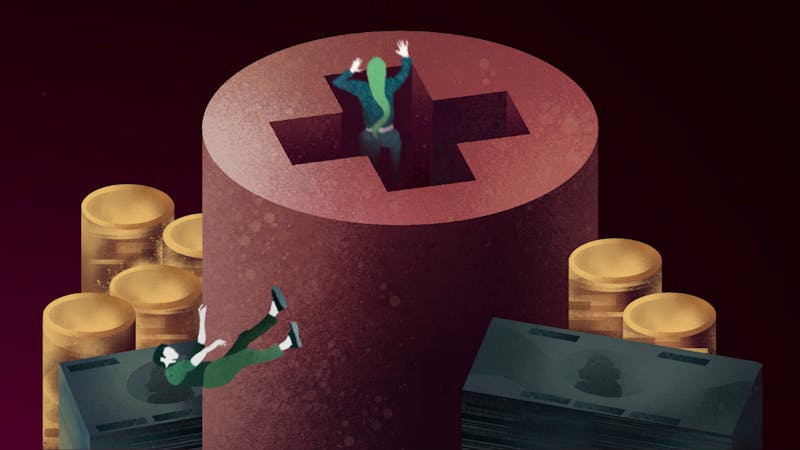
I’ve always said that if I were elected president, three goals would dominate my political agenda: (1) abolishing the death penalty, (2) bolstering civic education, and (3) lowering the drinking age. Today, the United States is one of very few countries on Earth that regulates alcohol consumption beyond the age of 18. This phenomenon leaves American adulthood in an awkward, incongruent limbo. You’ve probably heard this before: as adults, we can go to war or take out a six-figure student loan, but we can’t have a glass of wine.
The fact is, we launch 18 year olds into mature situations that make them grow up in real time. With fully fledged responsibility should come fully fledged privileges. Even as we look beyond these more cliché arguments, there are real dangers posed to college students when alcohol remains illegal.
We live in a culture where going to college requires more than just buying dorm supplies. Nowadays, fake IDs are present on many students’ college shopping lists. This phenomenon means that at least one-third of college students regularly use counterfeit identification to purchase or consume alcohol. That is not a minor issue. In fact, even misdemeanor use of a fake ID could earn you jail time in many states. Jailing students for a socially necessary activity is plainly unacceptable. Why must we punish young adults for an activity that is so broadly acceptable and prevalent in American life?
Peer pressure to drink and have a fake ID causes students stress and can hinder their overall college experience. Yet, college students seldom shy away from alcohol. Having to use a fake ID to do something that most young adults do is very unpopular. Perhaps obviously, students rarely support the regulations that limit their freedoms.
Students aren’t the only ones who support lowering the drinking age, though. In 2008, 136 American university leaders joined together to form the Amethyst Initiative, an organization urging lawmakers to let their students drink. The group’s founder, John McCardell, explained that abstinence-only alcohol consumption laws have “not allowed for any constructive behavioral change in college students.” That shouldn’t be surprising, though. Newsflash: We tried prohibition, and it didn’t work the first time.
The Amethyst Initiative furthers their point to say that even despite medical amnesty rules, clandestine drinking is ever-present and rarely gets reported. These situations put young adults in danger. If students were allowed to more openly engage in alcohol consumption, it would be a much safer pretense than the status quo. Given research that the prevalence of unsupervised drinking has led to unsafe conditions for students, lowering the drinking age is a constructive change that would make room for responsibility and minimize many current risks. Clearly, when you give young adults the opportunity to have more grown-up experiences, they develop more mature habits.
It’s not like policymakers don’t trust young people with alcohol. In many states, it’s legal for teenagers to serve alcohol and monitor other people’s alcohol consumption, long before they’re allowed to partake themselves. Moreover, state legislators have recently begun to propose a wave of reforms to the mandatory legal drinking age.
This year marks the 40th anniversary of the 21-year-old age requirement on alcohol consumption. At this point, the policy is outdated and ineffective. There are many ways to keep college students safe, but making an inevitable behavior illegal simply isn’t one of them.
JACK LAKIS is a College sophomore studying political science and communications from Kennesaw, Ga. His email is jlakis@sas.upenn.edu.
The Daily Pennsylvanian is an independent, student-run newspaper. Please consider making a donation to support the coverage that shapes the University. Your generosity ensures a future of strong journalism at Penn.
Donate








